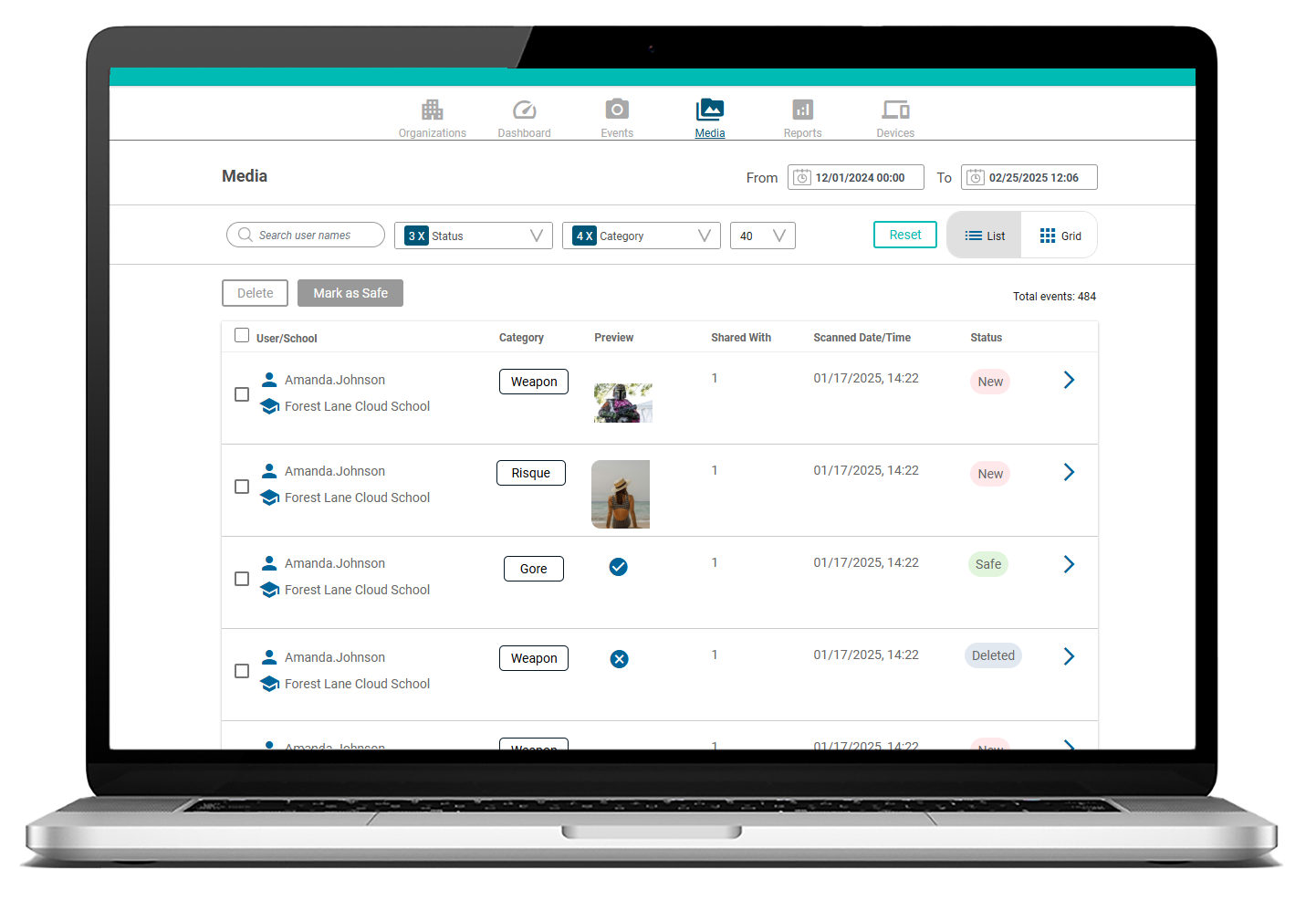Coventry Uni and VIT launch AI research collaboration to address hydrogen embrittlement and improve transport safety
UK-India collaboration aims to prevent material failures in hydrogen storage and delivery systems
Dr Arivazhagan Anbalagan, Assistant Professor in Digital Manufacturing at Coventry University
Coventry University Group has partnered with India’s Vellore Institute of Technology (VIT) to explore the use of generative AI in addressing safety challenges associated with hydrogen transportation.
The project will focus on hydrogen embrittlement (H2E), a failure mechanism that affects materials like steel and nickel alloys when exposed to hydrogen, often leading to fractures and potential leakage.
Coventry University’s Institute of Advanced Manufacturing and Engineering (AME) and the Centre for Advanced Low Carbon Propulsion Systems (CALPS) are leading the UK effort. They are working alongside researchers from VIT’s engineering and manufacturing departments to investigate predictive AI models that could mitigate risks and improve the integrity of hydrogen infrastructure.
The initiative is supported by the British Council through the UK-India Education and Research Initiative (UKIERI) and is scheduled to run until 2026.
Generative AI to support hydrogen safety and storage design
The two-year collaboration is led by Dr. Arivazhagan Anbalagan, Assistant Professor in Digital Manufacturing at Coventry University, and Dr. Margret Anouncia S, Professor of Software Systems at VIT. The teams aim to build predictive AI tools that can assess and reduce the risk of hydrogen embrittlement in critical transport and storage systems.
Dr. Anbalagan said: “As hydrogen becomes a key clean energy focus, developing safe, cost-effective storage and transportation is crucial. Using AI to predict and prevent hydrogen embrittlement will aim to enhance storage and transportation system’s safety and reliability.
“Our team at Coventry University is excited about working with VIT colleagues. This project will significantly aid both countries' net-zero carbon efforts. We're prepared for this two-year journey to foster research collaboration, and innovation and strengthen educational ties with VIT through PhD studentships and joint BSc/MSc courses.”
UKIERI funding and international education links
The research is backed by the UKIERI scheme, which promotes academic partnerships between the UK and India. The collaboration is also expected to support joint degree programs and doctoral research opportunities.
Dr. Margret Anouncia S said: “Receiving joint strategic academic and research grants under the UKIERI scheme from the British Council (known as SPARC in India) from India demonstrates our commitment to fostering global partnerships and driving innovation in engineering education and research.
“Our collaboration aims to harness generative AI to tackle global industry challenges especially in manufacturing and transportation. Our Memorandum of Understanding with Coventry University underpins our shared dedication to advancing academic and research initiatives that promote global innovation and sustainability.”
Leena Arora Kukreja, Regional Managing Director of Coventry University Group’s India Hub, added:
“Education and research collaborations are a crucial pillar of the UK-India 2030 roadmap. I am proud that Coventry University and VIT received the UKIERI grant from British Council India. I congratulate both teams on this significant next step which will generate cutting-edge research on topics of crucial global importance such as net-zero emissions.”




















